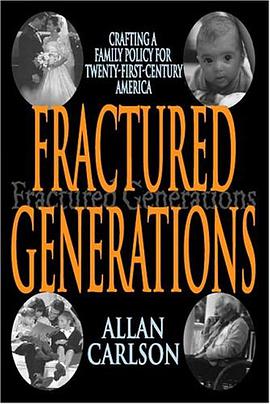

具体描述
Race relations in the United States have long been volatile-"marked on the one hand by distrust, antagonism and violence, but tempered on the other by periods of conciliation, integration and relative harmony. This path-breaking blend of history, sociology, political science and economics argues that the key factor determining the quality of race relations is economic: When economic equality spreads so do social and political equality. Conversely, economic downturns and widening income disparities promote political inequality, polarizing blacks and whites. To support this provocative thesis the author examines key events and eras in American history since the end of Reconstruction-"particularly the black migration and the New Deal policies of the interwar years, the civil rights movement of the 1950s and 60s, and the rise and decline of affirmative action in the late twentieth century. He also analyzes the racial policies and politics of the major political parties and shows how they have "played the race card" to win support.
作者简介
目录信息
读后感
评分
评分
评分
评分
用户评价
相关图书
本站所有内容均为互联网搜索引擎提供的公开搜索信息,本站不存储任何数据与内容,任何内容与数据均与本站无关,如有需要请联系相关搜索引擎包括但不限于百度,google,bing,sogou 等
© 2025 book.wenda123.org All Rights Reserved. 图书目录大全 版权所有




















